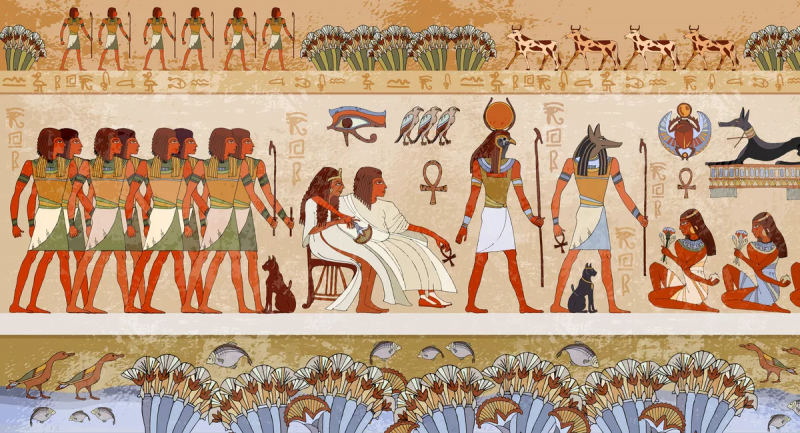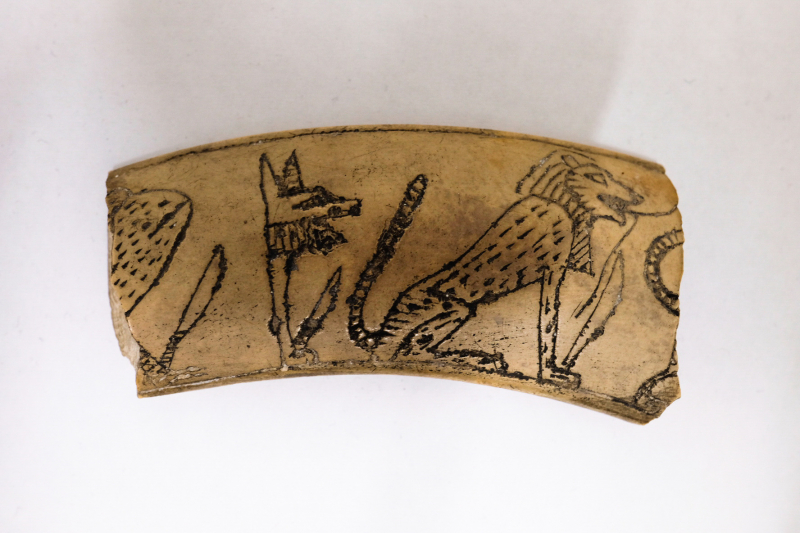Religion
Egypt is known for its "everyday piety." The central Islamic belief is in the oneness of God, the truths of which were revealed through the prophet Muhammad. One of the religion's five pillars is the statement of this basic profession of faith. The Ramadan fast, pilgrimage to Mecca, five daily prayers, and almsgiving are the other four. These five pillars represent the belief system and practices of many Muslims. The concept of God and his power is frequently invoked by Egyptians. Any statement about the future, for example, is likely to include the phrase "God willing," indicating that the ultimate determination of the intention rests with God.
Other elaborations are possible in Egypt. For those who see God as all-powerful, religious practice entails seeking God's assistance in overcoming problems and seeking favorable outcomes, such as recovery from disease or misfortune. Around this idea has grown a set of practices involving visits to shrines, often where individuals thought to be God's beloved are buried, in order to seek their intercession with God. The most important of these shrines are those associated with the prophet Muhammad's family in Cairo. However, every village and town has such shrines, varying in importance. Religious purists frequently criticize this form of religion, claiming that placing so much emphasis on these "saints" undermines God's oneness.








